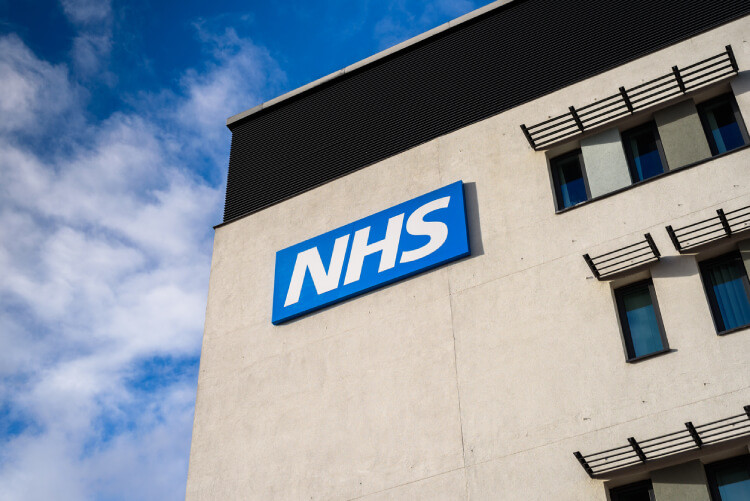NHS Urgently Seeks Blood Donations Post Ransomware Attack

Recently, an NHS hospital in London was the victim of a large-scale ransomware attack, with patients missing out on much-needed procedures and preventing staff access to key records. As the hospital comes to grips with the consequences of this latest attack, it is now asking the public for O-type blood, as the attack has prevented the hospital from accurately matching patient blood. What challenges do ransomware attacks present to key infrastructure such as hospitals and power distribution, why is the hospital in desperate need of O-type blood, and how does this demonstrate the need for stronger cybersecurity in critical infrastructure?
Key Things to Know:
- Recent ransomware attack on a London NHS hospital has disrupted blood matching services, creating an urgent need for O Positive and O Negative blood donations.
- O Negative blood is essential in emergencies due to its universal compatibility, while O Positive is the most common type and can be given to any positive blood type patient.
- The NHS is facing significant challenges in maintaining blood stocks, with approximately 13,000 donation appointments available nationally this week, including 3,400 in London.
- This incident highlights the critical importance of robust cybersecurity measures in protecting healthcare infrastructure and ensuring the continuity of essential medical services.
Securing Critical Infrastructure in the Digital Age
The rapid advancement of technology has transformed how society functions, with digital systems now governing critical aspects of modern life, including power distribution and healthcare. This integration of technology into key infrastructure has improved efficiency and access but simultaneously introduced new vulnerabilities to cyber threats. The increasing reliance on interconnected networks and digital control systems raises concerns about the security of these systems, particularly against ransomware attacks that can cripple essential services.
The healthcare sector, for instance, has witnessed significant reliance on electronic medical records, medical devices, and remote patient monitoring. As such, a ransomware attack on a hospital’s network could…


